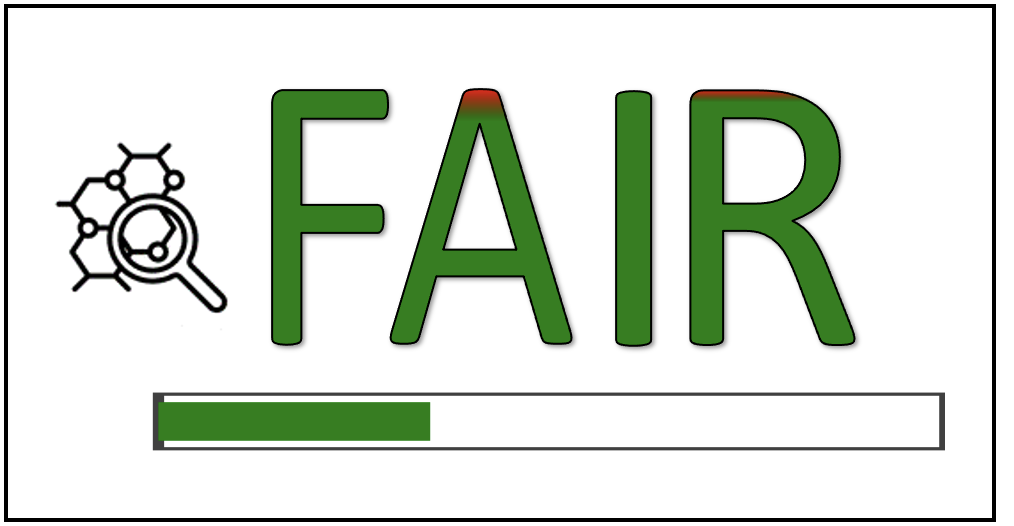The post-genomic era has been characterized by the rapid advance of genotyping technology resulting in a wealth of new, high-quality data that may hold promise for the further elucidation of genetic factors underlying complex disease. Without the proper tools and methods, the ultimate utility of such rich data may be limited in scope as the field attempts to process and interpret the growing amount of information being generated. For this workshop, we will adopt a hands-on approach to navigate some of the more popular genome-wide software packages available. A general overview of the topics to be covered is as follows. After a brief introduction on the current state of genetic research, we will begin with a discussion of the key quality assurance and quality control steps that are necessary to any genome-wide analysis. We will then transition to the analysis phase with a focus on genome-wide association using unrelated samples, including an overview of the analysis of gene pathways. Next, we will discuss the use of genome-wide data to estimate heritability, construction of genetic risk scores and pathway analysis. We will conclude with an introduction to family-based analysis and an overview of meta-analytic techniques.
This workshop is aimed at beginning and intermediate level graduate students, postdoctoral researchers and faculty.
After this workshop participants should be able to:
- Understand the steps necessary to assess the quality of genome-wide data
- Use common software to conduct a basic GWAS analysis
- Conduct relationship-checks and generate components of ancestry
- Aggregate genome-wide association data using GCTA and genetic risk scores
- Understand the features of a family-based association test
- Understand the different techniques to conduct a meta-analysis of genetic results
Classroom applications
Participant applications
Syllabus and Tools
Participants will learn about quality control and quality assurance steps of genome-wide data, basic GWAS analysis, construction of genetic risk scores, estimation of genome-wide SNP heritability, an introduction to family-based association approaches and an overview of meta-analytic techniques.
Participants are encouraged to work through the following resources to enable them to gain the most from the workshop. We will provide a basic overview of the Linux environment as well as work towards gaining an understanding of R.
This workshop will only provide a foundation for continued learning in genome wide association testing and studies. Further directions for specific genome-wide approaches will need to be tailored towards particular studies.
Training materials used for this course were not directly produced by H3ABioNet but may be accessed here: https://doi.org/10.25375/uct.19130048. Please note, these materials may be governed by different sharing/re-use policies, and you are encouraged to follow the policies of the external providers regarding material re-use and/or sharing.





